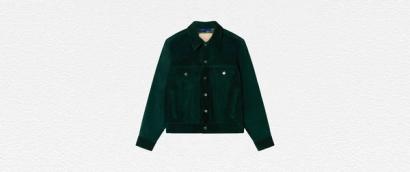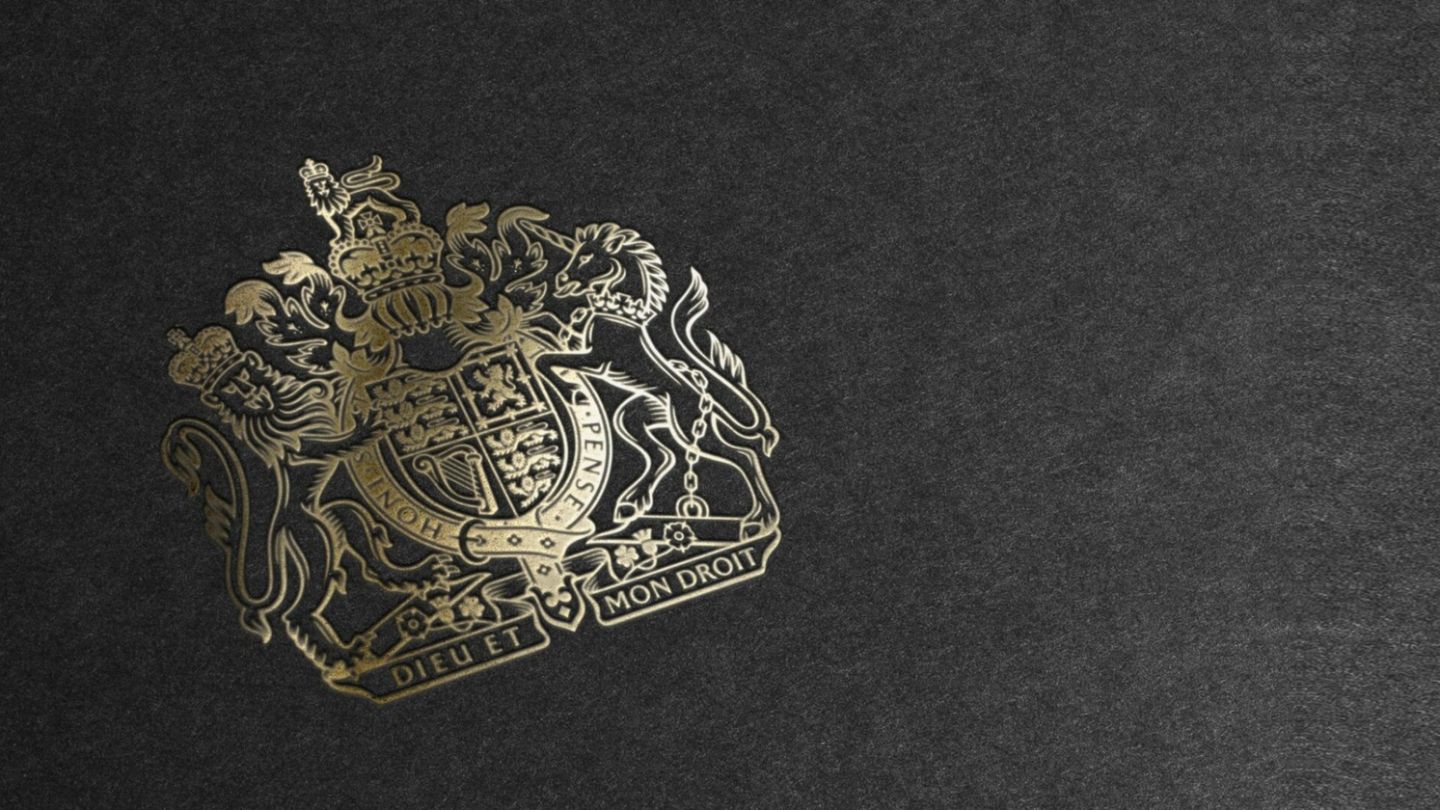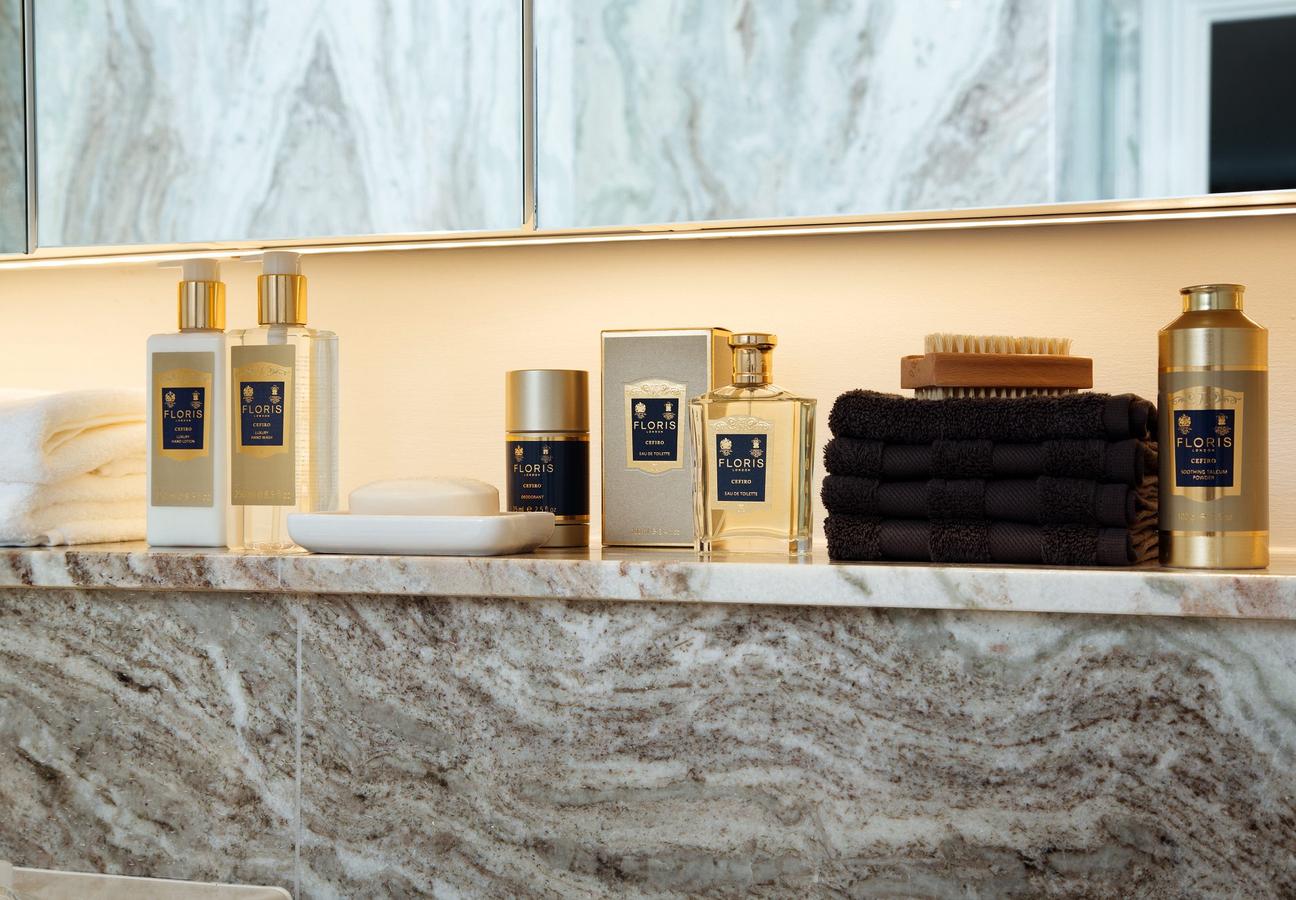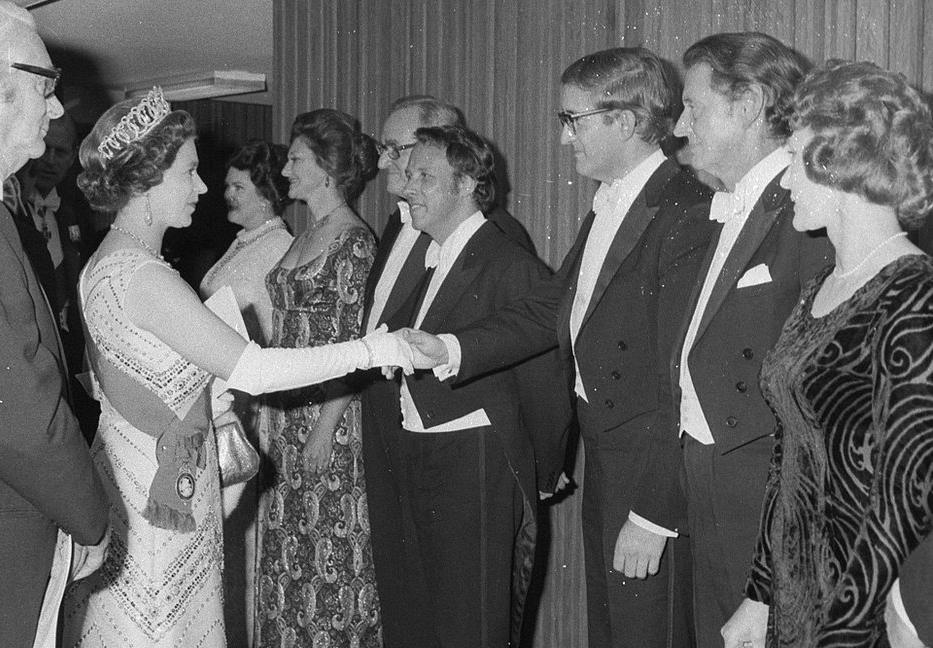

Just what is a Royal Warrant worth?
With brands from Holland & Holland gunmakers to HP sauce being blessed with the crests, there’s proof that Royal Warranting is a system as profitable as it is prevailing
Words: Jonathan Wells
What links Aston Martins, Barbour Jackets and Weetabix? Any guesses? How about Hunter Wellies, House of Fraser and Jaffa Cakes? Still nothing? Try Cartier Diamonds, Twinings Tea and Calor Gas Cannisters?
The answer, of course, is the Royal Warrant system. Each of these signature brands, diverse and disparate as they are, provide their wares to the Royal Household. Each bear the small crests of appointment that senior royals award companies — and each reap the rewards of their association with the Monarchy.
But just what is a Royal Warrant worth? How long have these marks of regal recognition been around? And, most importantly, are they still relevant markers of quality in the modern day?
For how long have Royal Warrants been awarded?
Berry Bros. & Rudd have held their warrants since 1903
Gieves & Hawkes have held Royal Warrants since 1809
Royal Warrants of Appointment have been issued by the Monarchy over 500 years — with one of the first recipients being printer William Caxton in 1476. And, over the years, warrants have been and gone; with brands from Harrods to Hoover losing their appointments (for reasons we’ll go into…)
One of the longest-serving warrant-holders are Berry Bros. & Rudd, having first been granted a warrant in 1903. Geordie Willis, Creative Director of the wine merchants, says he is “immensely proud” that the brand has held Royal Warrants for over 100 years, and believes that “warrants are a constant reminder of commitment to excellence”.
How do brands secure a Royal Warrant?
‘Commitment to excellence’ is hard to measure, however, and the current list of 883 Royal Warrants are managed by the Royal Warrant Holders Association, an organisation responsible for assembling applications for warrants and periodically reviewing those already granted. We asked how brands are awarded these prestigious marks of recognition.

British family perfumers since 1730, Floris encapsulate the ‘commitment to excellence’
“Applicants must be able to demonstrate that they have a trading relationship with the Royal Household,” a spokesperson for the Association told us. “Their products are required to have been in regular use — for at least 5 of the past 7 years — with the Household.”
The Association will assess and check their eligibility on this basis, and also police the rules regarding the correct use of the Royal Arms. Flouting these stringent subtlety measures can result in losing your warrant, such as when underwear fitters Rigby & Peller lost their warrant after discussing the Queen in a tell-all book. “Companies must maintain good trading relations,” the spokesperson continues, “and be suitably discreet with regard to their Royal relationship.”
So just what is a Royal Warrant worth?
“This is impossible to answer,” says our spokesperson from the Royal Warrant Holders Association, “and will vary between sector, brand and market place.”
That said, the annual ‘Value of Monarchy’ report holds some answers to the value of a Royal Warrant. “Brand Finance research indicates,” a particular passage of the latest report reads, “that some companies may earn up to 5% of their revenue as a result of a Royal Warrant.”
If true, this means that smaller brand and brewer Shepherd Neame owe £765,000 to their Royal Warrant, and automotive juggernauts Aston Martin did £43.8 million more business thanks to their appointment to the Household.
Turnbull & Asser have been Royal Warrant-holders since 1980
Leather goods manufacturer Ettinger have held their Royal Warrant for 22 years
They’re substantial amounts. And two more brands who have benefitted from this prestigious mark, Ettinger and Turnbull & Asser, both supply goods to The Prince of Wales specifically. Each have also seen their respective seals of approval attract more customers — both in Britain and from further afield.
“Producing shirts for our future king is something that we cherish,” says Steve Quin of shirtmakers Turnbull & Asser, before adding: “Since 1980, having the opportunity to display the Prince of Wales feathers within our labels has definitely been of great benefit to revenue, especially with attracting additional international clients.”
It’s a similar story over at leather goods manufacturer Ettinger. “Our Royal Warrant’s significance cannot be underestimated,” CEO Robert Ettinger tells us, “particularly in overseas markets.”
So what is it about Royal Warrants that appeal to overseas markets?

The Queen, The Duke of Edinburgh and The Prince of Wales can issue warrants
“The British Royal Family are ambassadors for the sophisticated British upper class lifestyle,” says Qing Wang, Professor of Marketing and Innovation at the University of Warwick. “And, in luxury brand marketing, heritage is a critical resource and is perceived as a key attribute of brand authenticity and brand aura.”
Royal Warrants then, Wang explains, may not be as widely recognised overseas, but still open up huge swathes of potential new customers. “Even for those who do not have the knowledge of the Royal Warrants,” the professor continues, “the image of the Royal Warrants and the coat of arms provide a strong cue for authority and quality of the products and brands in their subconscious mind.”
And why do Royal Warrants hold such enduring appeal?
500 years is a long time for a system to run so smoothly. So what is it about these marks of quality and tradition that have kept them at the forefront of retail prestige for so long? The Royal Warrant Holders Association believe that they imply service, quality, excellence, heritage and ‘Britishness’ — all of which they say “are in great demand”.
The Association also cites the range in recipients as a factor in the longevity of the system. In recent years, they reveal, The Queen even granted a warrant to Montala, software developers for digital asset management.
The Prince of Wales issued The Ritz a Royal Warrant in 2002
Aston Martin Lagonda have held their warrant since 1982
“Royal Warrants are certainly still recognised and valued by the customers,” says Professor Qing Wang. “And I have seen some appreciable change in the Royal Warrant system in the past decade. As the British Royal Family has gained more appeal in the past decade, it has become more recognised.
“The British Royal Family is the most prominent symbol around the world of Britain’s heritage and tradition,” Wang adds. “It has adapted itself to the new era and projects a positive and progressive image.”
It’s an image that clearly sells, too. If a warrant can add up to 5% of revenue to your brand, it is a mark well worth chasing. And, with brands from Holland & Holland gunmakers to HP sauce being blessed with the crests, there’s proof that Royal Warranting is a system as profitable as it is prevailing.
Want more best of British? Here’s how to brunch like a royal…
Become a Gentleman’s Journal member. Find out more here.


